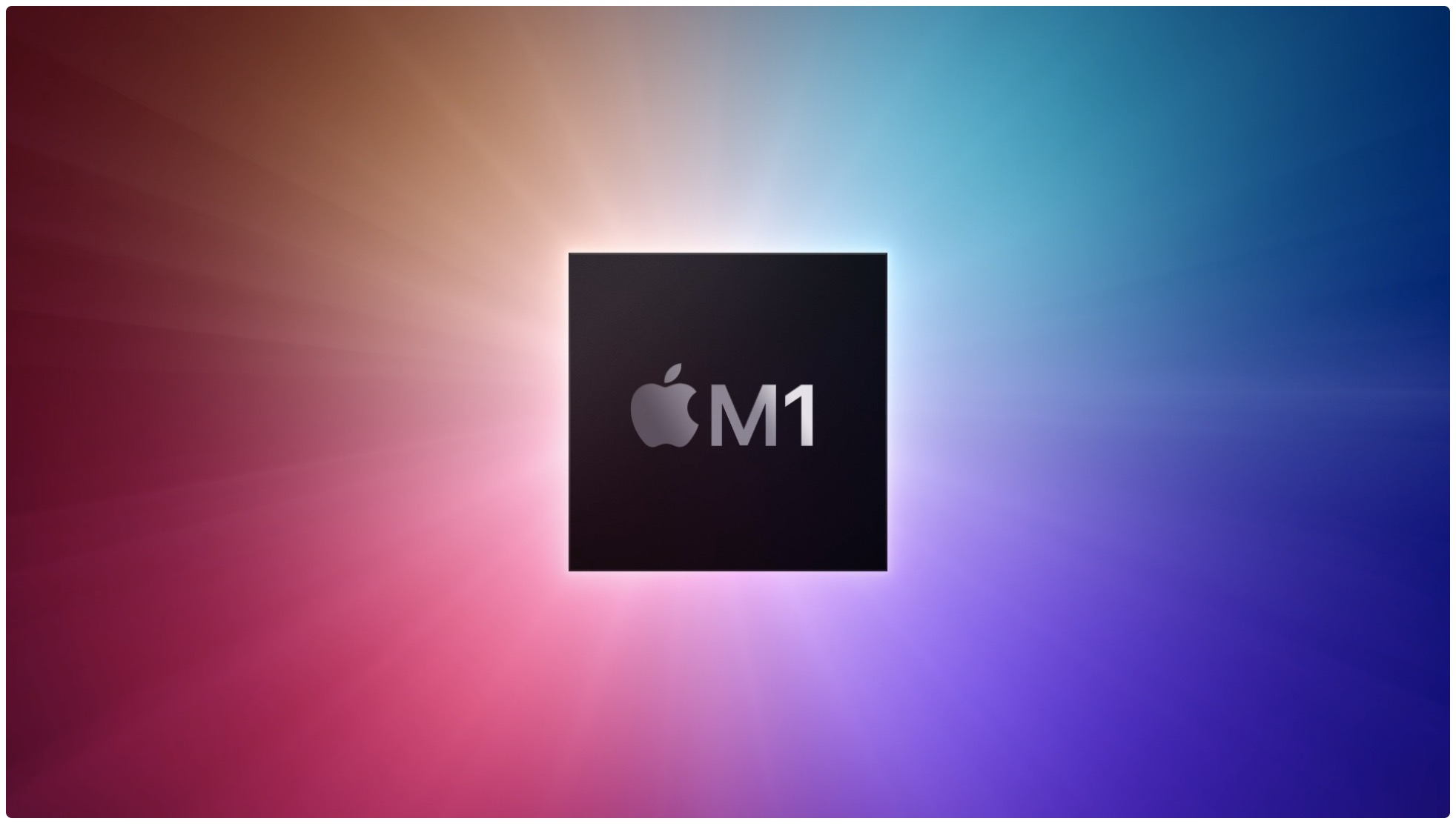
While Intel and the rest of the industry have been in a state of shock since Apple unveiled its M1 laptop chip last month, Advanced Micro Devices (AMD) is not standing still. According to a leaker, the Santa Clara, California-headquartered semiconductor company has two Apple M1 competitor chips in prototype stages that are apparently “almost ready”.
Hardware leaker Mauri QHD wrote in a tweet a few days ago that one version of AMD’s upcoming ARM chip has integrated RAM like the Apple M1 chip and the other is without it. The leaker added that AMD’s chief executive Dr Lisa Su will have a presentation at the CES 2021 on January 12 that may serve as a launchpad for the new chips.
AMD has an M1 competitor in prototype stages, one version with integrated RAM, and one without it
he said "almost ready"
but -imo- idk
leak is only a few days old, the chip idk— Mauri QHD (@MauriQHD) November 28, 2020
Both Intel and AMD processors are compatible with IBM’s x86 architecture. But the advent of the M1 chip with its unified memory architecture, low power consumption, industry-crushing performance and a high-degree of integration has left the x86 camp without a viable answer.
Tom’s Guide explains why you should care about AMD’s ARM-based chips:
It could yield a Windows competitor to the M1-powered Macs, meaning slim and light laptops and mini desktops that punch above their weight in terms of performance. And AMD has often provided chips at competitive prices, so that could translate into cheaper ultraportable laptops that don’t compromise on performance.
For that to happen, however, Microsoft will need to do something concrete with its Windows on ARM project, which never really took off in a meaningful way either. Chip makers and companies like Microsoft will need to double down on their efforts if they want to better compete with Apple. Android chip makers may also jump in to fill the void.
Qualcomm, for instance, recently unveiled its new Snapdragon 888 system-on-a-chip that promises faster speeds, better cameras and more powerful artificial intelligence. The chip will make its debut in high-end Android devices early next year. Looking at the spec sheet, the Snapdragon 888 might be capable of powering low-end Windows notebooks, too.
Microsoft previously worked with Qualcomm to develop custom Snapdragon chips that could run Windows 10 on the Surface Pro X, barring performance and software compatibility issues. With AMD now ostensibly working on its own M1 competitor, and with Microsoft presumably advancing Windows on ARM, the rest of the industry is now playing catch-up to Apple.